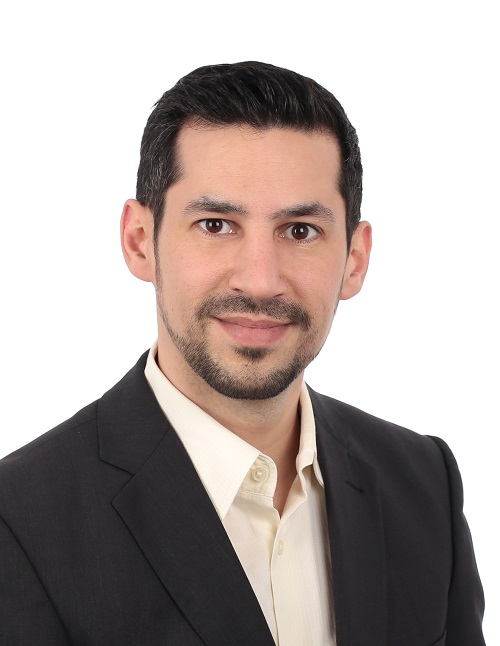What has been PI Berlin’s involvement in the Indian solar market to date?
Steven Xuereb: PI Berlin has been active in India since 2010, since the early years of the solar market’s development phase. We began by conducting design and yield assessment of solar farms, including inspecting construction quality, and now we have added operations to that.
During these inspections, what have been the main quality concerns that you have come across?
Generally it has been the same issues that we see in other markets – from Europe to emerging regions. On the modules we have observed PID, cracks, delamination, hotspots, snail trails with recurring cracks underneath, corrosion of busbars, and visual corrosion where the climate has impacted the module. These are issues we tend to see everywhere.
Aside from the modules, we have observed poor installation of cables such as hanging DC cables, improperly buried or routed connector cables, and cabling damaged by wildlife. There have also been some specific grounding issues related to the environmental conditions such as salt in the air and the dryness of the desert regions.
How much of these quality issues were exacerbated by poor installation?
There have certainly been instances of unprofessional installation, and non-European standards of conduct onsite – for example with people walking around barefoot or the land still being used by farmers gathering water during construction. But our focus is to look at who is doing the installation, rather than what country we are in. With more than 15 GW of solar installed in India, there is sufficient experience there, with plenty of global developers active in India.
Are there any unique challenges facing India, and if so, how do you advise they are overcome?
There is intense price pressure still in India, and it runs throughout the whole supply chain. It starts with the modules – a massive amount of pressure is on producers to cut costs. EPCs will still often select the cheapest modules available. Certainly too, there is pressure to install as quickly as possible, and there are also instances of skimping on things such as monitoring systems and weather stations. These cost-cutting decisions are made during the procurement phase.
What advice and guidance is PI Berlin hoping to offer?
We interview the technicians on site to try to ascertain their level of training and qualification, and one of our main tasks is to get people to recognize problems and defects on site, and to understand the impact these issues can have. There often isn’t really an understanding of what might cause faults or their effects, so these matters are pushed aside. We want to demonstrate that India can learn from other regions that have faced similar cost and time pressures – such as Chile and MENA. Even in the U.K., too, where developers were working to very tight deadlines.
At the Quality Roundtable, we want to demonstrate to plant owners and investors how, by taking an active role in the quality of a solar development, they can really insure the future performance of their plant. We are talking just a small amount of the Capex – maybe 0.3 – 0.5% – for independent testing, inspections and O&M. We want to create an awareness of the technical risks that can hit the bottom line.
Popular content
India’s PV landscape is evolving fast, with domestic and international component and material manufacturers, in partnership with project developers making rapid progress towards the country’s vast solar goals. But with the unique opportunity in India comes the need for unique approaches to product and project realization.

At the 2017 Renewable Energy India event, pv magazine will bring together solar industry experts and insiders to discuss pathways to success in the dynamic Indian marketplace.
![]() Where:
Where:
REI, Conference Hall Olive 2nd floor
When:
September 21, 2017 from 11 am to 1:00 pm
The registration works through the official conference page here!
This content is protected by copyright and may not be reused. If you want to cooperate with us and would like to reuse some of our content, please contact: editors@pv-magazine.com.


1 comment
By submitting this form you agree to pv magazine using your data for the purposes of publishing your comment.
Your personal data will only be disclosed or otherwise transmitted to third parties for the purposes of spam filtering or if this is necessary for technical maintenance of the website. Any other transfer to third parties will not take place unless this is justified on the basis of applicable data protection regulations or if pv magazine is legally obliged to do so.
You may revoke this consent at any time with effect for the future, in which case your personal data will be deleted immediately. Otherwise, your data will be deleted if pv magazine has processed your request or the purpose of data storage is fulfilled.
Further information on data privacy can be found in our Data Protection Policy.